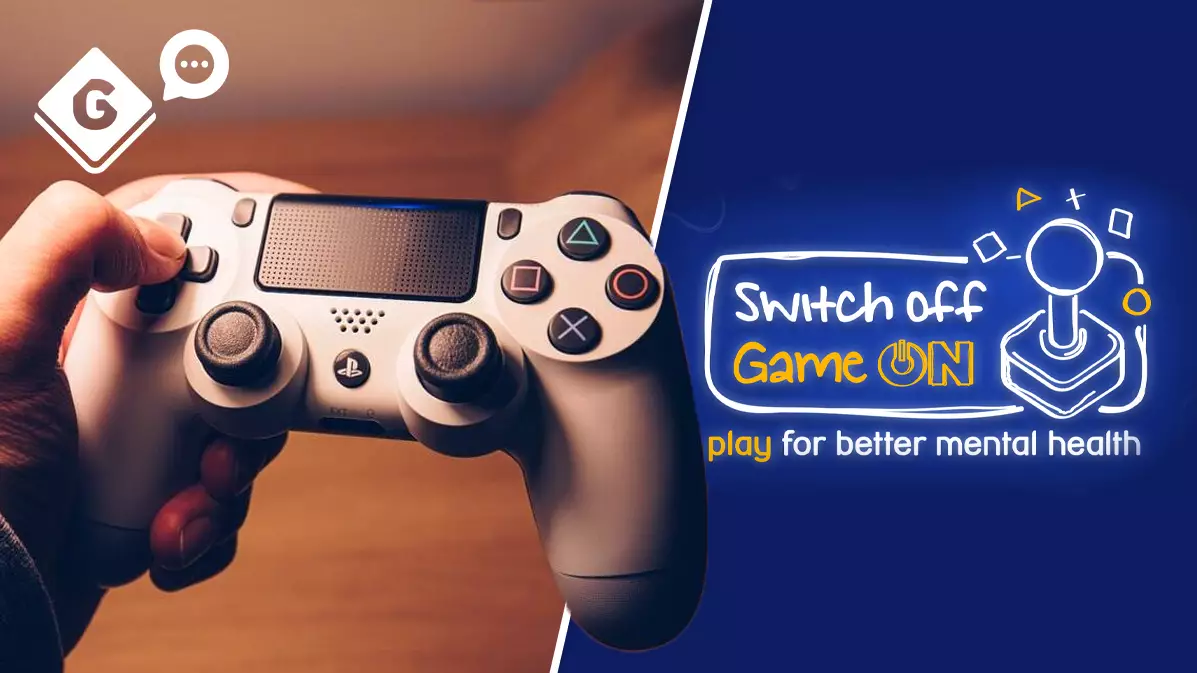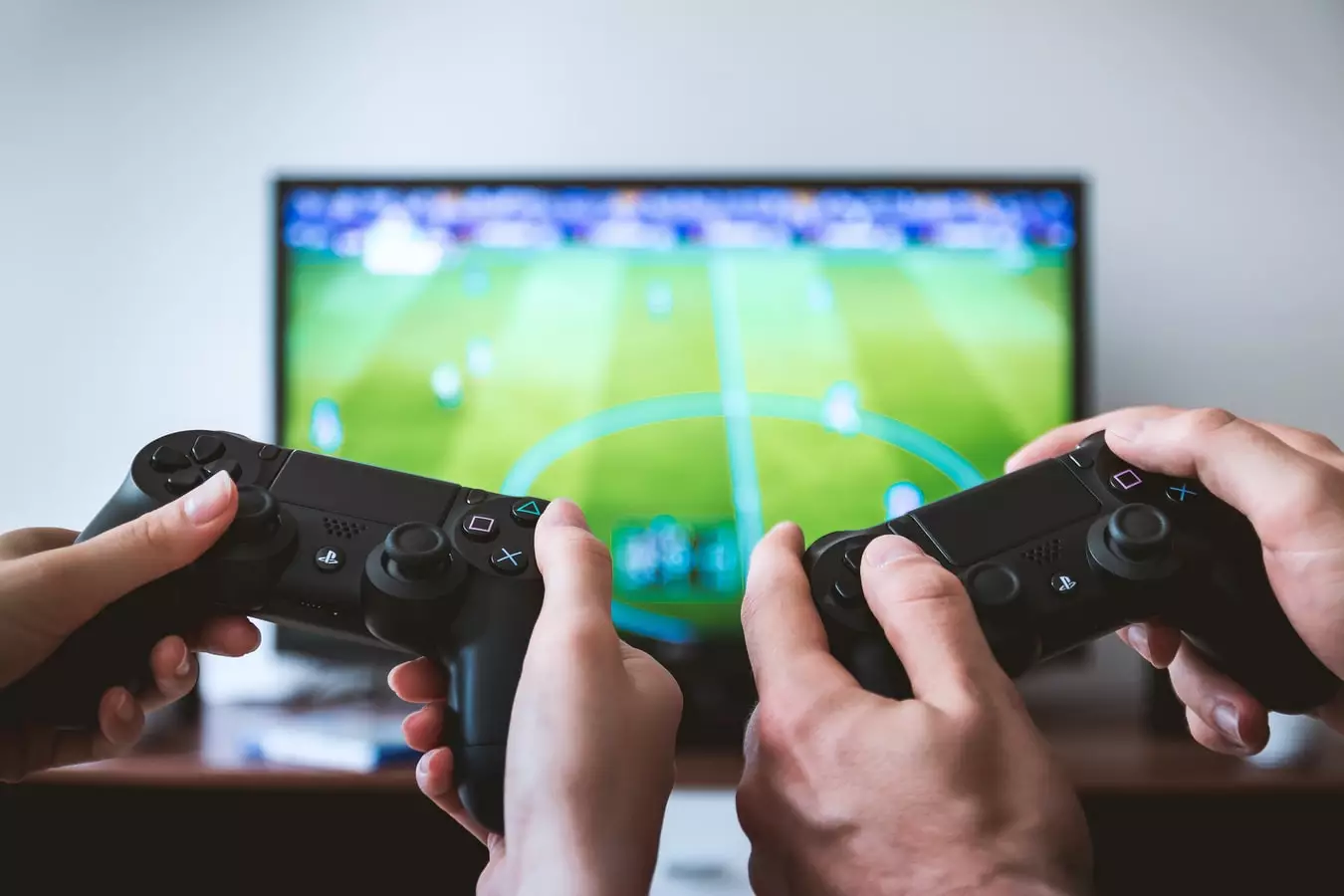
The mental health charity Mind has been running its Switch Off, Game On campaign since May 2020, challenging individuals to complete video gaming achievements to raise money towards further support of mental health matters in the UK. So far, over £45,000 has been raised via the campaign's Just Giving page, with more coming via other platforms - and since March 2020, games-related fundraisers for Mind have totalled £450,000 in donations. Countless gamers have run 24-hour streams, competitions and tournaments, and undertaken board game campaigns, in groups or solo, in the name of charity.
I spoke to Mind's Ian O'Reilly, head of community and events fundraising, about the charity's Switch Off, Game On campaign - and how gaming can be valuable for managing mental health, especially in light of global pandemic circumstances.
Advert
"Our coronavirus survey of people during the first lockdown found that connecting with family and friends online was the most popular way to cope among both young people and adults," Ian says. "We also found that more than one in 10 adults and nearly two in five young people used gaming as a coping strategy during lockdown."
He continues: "We had already noticed a growing trend of more fundraisers choosing to do gaming and streaming activity for Mind [before launching Switch Off, Game On]. We were also aware that gaming offered some positive benefits to people's mental health. Playing games can help us to relax, socialise and find peer support, as well as providing a way to keep our mind stimulated, occupied and challenged."
Ian recognises how significant gaming has been in terms of keeping people connected, during a demanding period in all our lives when physical contact has been incredibly limited. "Finding things to do together online, like gaming, can be one way that we can [reach out to friends and family]," he says. "Recent research from Oxford University found that time spent playing games had a small but positive overall effect on wellbeing."
While many of us have felt lonely during lockdowns, however, that isn't something considered a mental health matter in and of itself. "Connecting with others helps us have a greater sense of belonging, and reduces feelings of loneliness," Ian says, "and being lonely can contribute to poor mental health, including anxiety and depression, and some mental health problems can contribute to feeling lonely."
Advert

Ian tells me that some people streaming for Switch Off, Game On live with mental health problems themselves - and see gaming, and streaming, as an invaluable tool for managing them. "One of our Switch Off, Game On fundraisers, who has lived experience with depression and anxiety, told us that gaming and streaming has provided them with a community and a life outside of their usual family commitments," he explains. "For them, gaming offers a space to talk about their personal life without judgement, and reassurance that they are not alone in whatever they might be feeling or experiencing at that moment in time."
As important as gaming can be for many, those with and without mental health problems, Ian is keen to stress that they can also be a negative factor in some cases. "If you feel like you are gaming too much and it is starting to affect your wellbeing, or you notice changes to your feelings, thoughts and behaviours that last longer than two weeks, keep returning or are having an impact on your daily life, talk to someone you trust," he says. "Your GP can help outline the support that's available." (There is also a wealth of supportive resources available at Mind's website.)
However, through Switch Off, Game On, the team at Mind has seen myriad benefits that gaming - and gaming for a good cause, in particular - can provide. "We've heard from people who have experience of mental health problems that they are taking part because gaming gives them a connection to loved ones they can't be with in person," Ian says. "For some, it provides the opportunity to forge genuine lasting friendships. Others have said it provides them with a connection to the memory of a loved one they've lost, and that can be very powerful."
Advert
If you'd like to get involved with Switch Off, Game On, you can find full details of the campaign on the Mind website. Do also refer to Mind's safe streaming guidelines, and be wary of the type of game/activity you participate in. As Ian says: "Some games might have content that may be triggering. It is also important to consider how games might portray or reference mental health problems in their content, including whether they use offensive or stigmatising language."
---
You can read more about mental health and gaming on GAMINGbible here, including pieces with Red Dead Redemption II's Roger Clark and The Witcher star Doug Cockle.
There are various resources that can help provide mental health support, including MIND, Samaritans, Safe In Our World and CALM:
www.mind.org.uk
0300 123 3393
Advert
www.samaritans.org
116 123
https://safeinourworld.org/
https://www.thecalmzone.net/
Header image control pad credit: Yu Hai
Featured Image Credit: Mind, Yu HaiTopics: Mental Health, Twitch